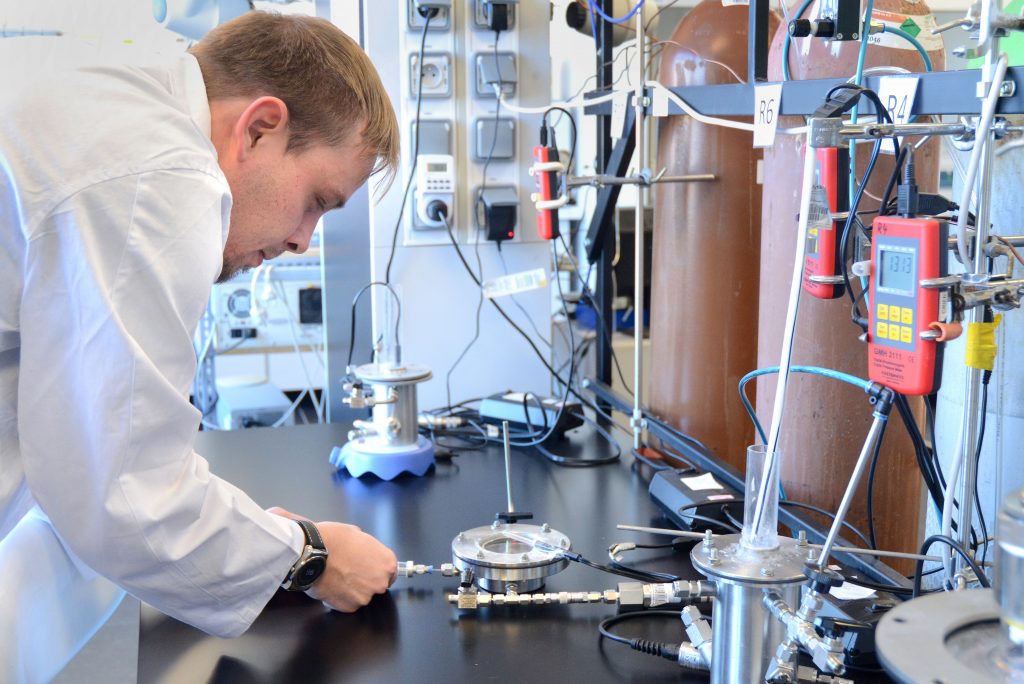Name: Energy Waste Recovery and Gas Treatment
Institution: VŠB – Technical University of Ostrava
Coordinator: prof. Ing. Lucie Obalová, Ph.D.; lucie.obalova@vsb.cz
Website
ENREGAT represents a unique base for the implementation of comprehensive research in the area of the material and energy recovery of waste by means of combustion, pyrolysis and anaerobic processes, as well as in the field of catalytic, sorption and photocatalytic cleaning of the resulting gases. In addition, ENREGAT also allows for research in related areas, e.g., the resistance of refractory materials used in waste incineration, material utilization of slag and fly ash, the possibilities of using pyrolysis products and analytical services. ENREGAT includes 3 pilot scale facilities with technologies for the energy recovery of waste and several specialized laboratories equipped with catalytic and photocatalytic units and modern analytical techniques. The uniqueness of ENREGAT lies in the ability to perform basic and applied research focused on several waste-to-energy technologies from the laboratory up to the pilot plant scale for a wide range of waste, and thus to assess the suitability of the technology for the selected type of waste. Additionally, it allows for research on a number of technologies for the abatement of different gaseous pollutants (e.g., nitrogen oxides, carbon dioxide, ammonia, organic substances, etc.) through laboratory tests up to pilot scale verification in a waste incinerator. The aim of ENREGAT is to provide services to the research community that in open access mode support the development of innovation through cooperation with industry. ENREGAT is involved in a large number of national R&I projects, and is collaborating with a number of foreign partners, as well as with the private sector.
At the national level, ENREGAT cooperates with biogas plants and companies dealing with the development of units for the thermal degradation of waste and catalytic technologies for NOx reduction, VOC degradation and the emissions elimination by advanced oxidation processes. The Jagiellonian University of Krakow (Poland), the University of Oulu (Finland), the National Taiwan University (Taiwan), the University of Crete (Greece), the National University of Littoral (Argentina) and the National University of Tumbes (Peru) are among the key foreign partners.
